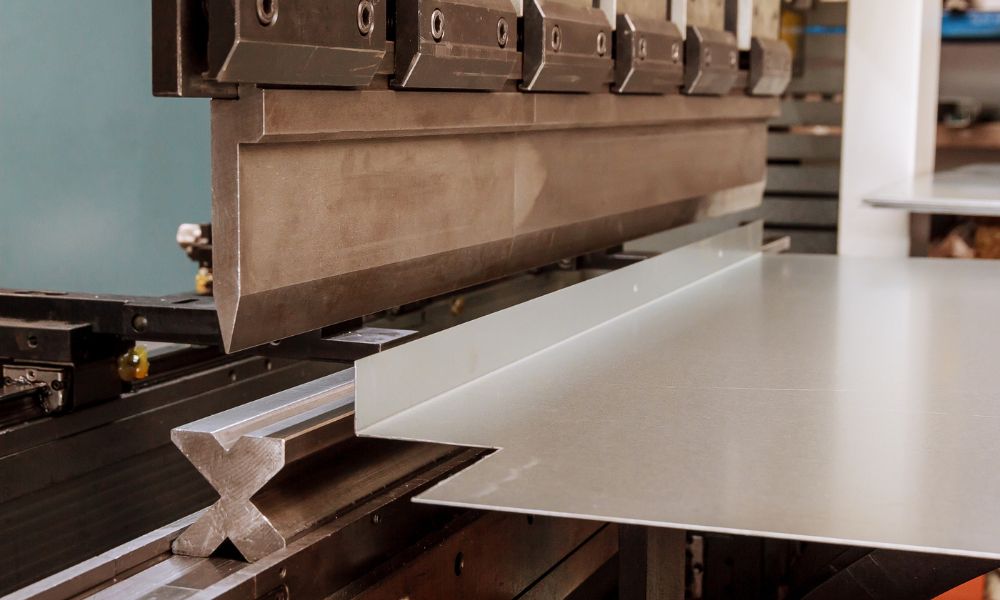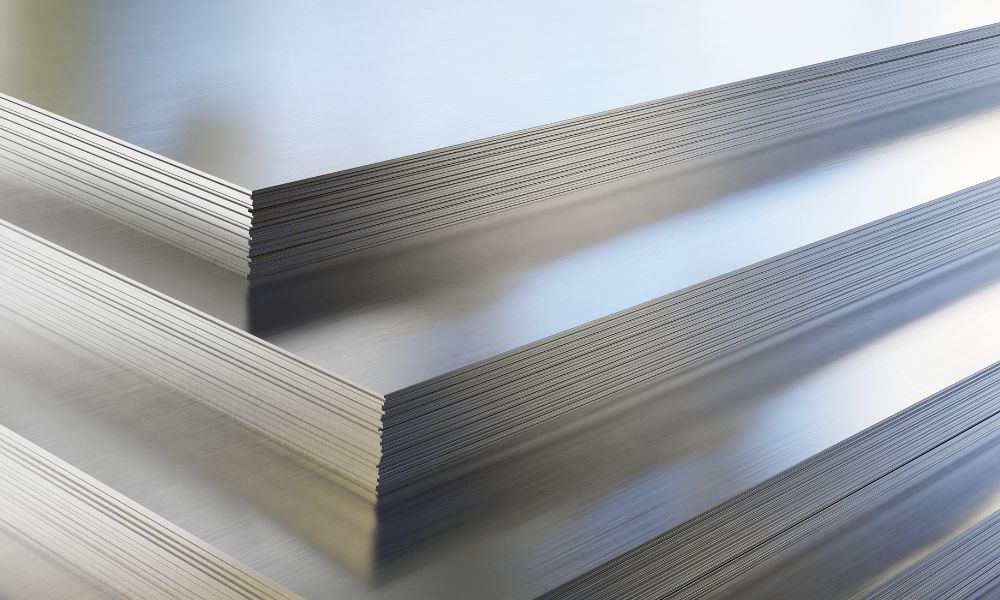The Importance of Sheet Metal in the Medical Industry
Leave a Comment
Look at the tools medical professionals use daily if you want to understand the importance of sheet metal in the medical industry. This material is integral in creating sturdy, durable, and hygienic equipment for healthcare workers, from surgical instruments to hospital bed structures. Keep reading to uncover why the medical industry relies heavily on sheet metal and the benefits of using sheet metal in medical equipment.
Why Is Sheet Metal Used for Medical Equipment?
Medical equipment must meet high standards of durability, cleanliness, and precision. The strength of sheet metal gives medical equipment extra longevity, reducing the frequency of replacements. Sheet metal can also withstand sterilization processes, a crucial factor in maintaining hygiene in healthcare settings.
Further, the flexibility of sheet metal allows manufacturers to mold it into various shapes and sizes, making it ideal for designing diverse medical equipment. The adaptability of sheet metal enables manufacturers to incorporate new technological advancements into their designs, helping them keep up with the evolving needs of the medical industry.
Benefits of Using Sheet Metal in Medical Equipment
The utilization of sheet metal in medical equipment has numerous benefits. First, the durability of sheet metal helps equipment last longer, offering cost-effective solutions for healthcare providers.
Second, the resistance of sheet metal to corrosion helps healthcare professionals maintain a sterile environment, a fundamental necessity in the medical field.
Third, the malleability of sheet metal facilitates customized medical equipment production. The material’s flexibility is particularly beneficial in the manufacturing of prosthetics, where each piece needs to fit the patient’s unique physical characteristics.
Lastly, sheet metal has excellent heat resistance, making it suitable for equipment used in high-temperature procedures like sterilization.
What Medical Products Are Made Using Sheet Metal?
Due to its versatility and robustness, medical manufacturers make many medical products using sheet metal. They make surgical instruments like scalpels, forceps, and clamps from sheet metal because of the material’s precision and durability.
Hospital furniture such as beds, wheelchairs, and cabinets also use sheet metal in their formation for strength and longevity.
Additionally, manufacturers use sheet metal to construct medical imaging equipment like MRI machines and CT scanners. They use this material because it can effectively shield patients and medical professionals against harmful radiation, offering them additional safety.
You cannot deny the importance of sheet metal in the medical industry. Its durability, flexibility, and resistance to heat and corrosion make it an essential material for manufacturing medical equipment.
Thin sheet metal from Thin Metal Sales offers an ideal balance between strength and malleability, making it a popular choice for various medical applications. As the medical industry continues to advance, so will the use of sheet metal, further reinforcing its integral role in healthcare.
Stainless Steel Maintenance and Cleaning Tips
Leave a Comment
Welcome to the glamorous world of stainless steel, where everything shines and dazzles—if you take care of it. If you’ve ever wondered how to keep that gleaming surface looking fresh, then you’ve come to the right place. We’ll share the best tips to maintain and clean stainless steel, ensuring it stays as sparkling as the day you bought it.
Avoid Abrasive Sponges, Pads, or Cloths
First, let’s learn what not to do. The number one rule of stainless steel maintenance is to steer clear of abrasive sponges, pads, or cloths. These rough materials can scratch your precious stainless steel, leaving behind ugly marks that tarnish its appearance. Instead, opt for soft cloths or non-abrasive sponges that treat your stainless steel gently, preserving its smooth, shiny surface.
Avoid Cleaning Products Containing Chloride or Other Harmful Chemicals
Next on the no-no list are cleaning products containing chloride or other harmful chemicals. These substances can cause pitting and corrosion that damage stainless steel over time. Always check the label of any cleaning product before using it on stainless steel. If you spot harsh substances, leave the stuff on the shelf.
Look for Galvanic Corrosion, Especially in Moist Environments
Galvanic corrosion is another issue to watch out for, especially if your stainless steel is in a moist environment. This type of corrosion occurs when two different metals are in contact with an electrolyte, like water. To prevent this, ensure your stainless steel is dry and not in contact with other metals.
Use Warm Water and Mild Detergent or Soap for Basic Cleaning
Now, onto the cleaning! Warm water and mild detergent or soap will do the trick for basic cleaning. Simply wash the surface with a soft cloth, rinse thoroughly, and dry immediately to prevent water spots. This simple routine can keep your stainless steel looking pristine day in and day out.
Always Wear Safety Gear When Cleaning Stainless Steel
Safety first! Always remember to wear safety gear when cleaning stainless steel. Gloves can protect your hands from sharp edges, and goggles can shield your eyes from any cleaning product splashes.
Follow the Recommended Procedures for Cleaning Products
Finally, always follow the recommended procedures for any cleaning products you use. Read the instructions carefully, and adhere to them strictly. Doing so ensures you’re using the product as intended and getting the most out of its cleaning power.
Maintaining and cleaning stainless steel doesn’t have to be hard. With our stainless steel cleaning and maintenance tips, you can keep your stainless steel—be it a kitchen sink or medical equipment—looking shiny. If you need thin sheet stainless steel, make Thin Metal Sales your preferred stainless steel supplier.

